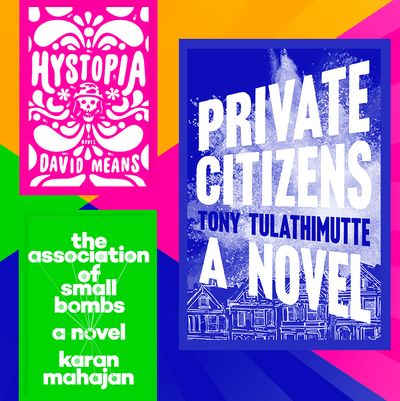
This week, Vulture is looking back at the best entertainment releases so far in 2016. To date weÔÇÖve touched on albums, video games, and┬ácomics. Now books get a turn.
The first half of 2016 has seen the release of many, many good new books, especially fiction, and especially fiction by young authors. The fall will offer new novels by many familiar authors ÔÇö Colson Whitehead, Zadie Smith, Jonathan Lethem ÔÇö but my hunch is that the year will be remembered for the emergence of a new generation and the last words of one great voice.
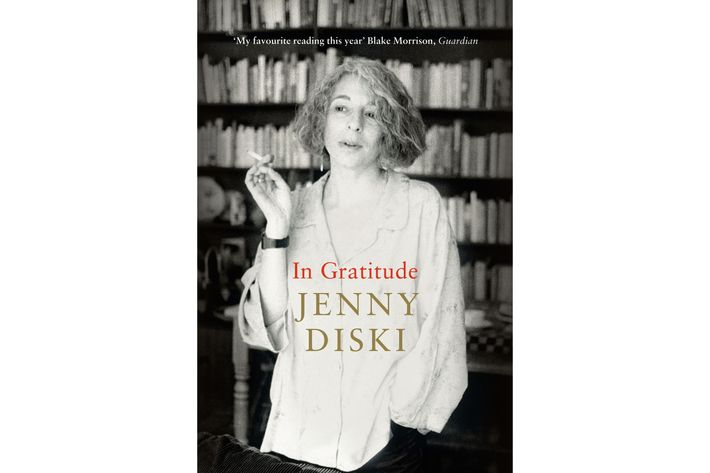
In Gratitude, by Jenny Diski
In 2014 the novelist and essayist Jenny Diski received a diagnosis of lung cancer ÔÇ£with a side attraction of pulmonary fibrosis: two fatal diseases ÔÇö I donÔÇÖt do things by halves.ÔÇØ She undertook this memoir, published serially in the London Review of Books about her illness (ÔÇ£another fucking cancer diaryÔÇØ) and her decades-long relationship with the late Nobel laureate Doris Lessing, who took her in when she was a 15-year-old in flight from abusive parents and ÔÇ£the bin.ÔÇØ DiskiÔÇÖs North London truancy in the early 1960s, her initiation into writing through LessingÔÇÖs example, and her dry thoughts about her coming end (who would die first, her or Clive James) ÔÇö these elements make for the final masterpiece of a writer whose prose always delivered the force of her personality. She died on April 28.
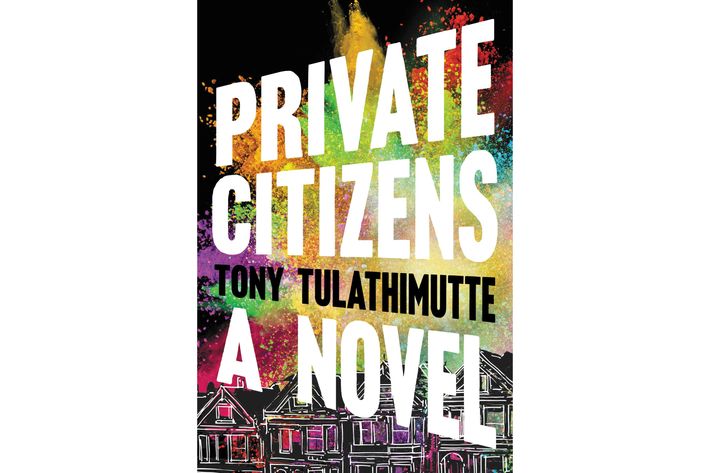
Private Citizens, by Tony Tulathimutte
A panoramic black comedy of millennials in San Francisco, Private Citizens updates the Silicon Valley workplace satire, the narcotized loft party set piece, and the chronicle of post-college malaise. Tulathimutte has begun the essential work of identifying the centuryÔÇÖs new forms of vanity and pain. That heÔÇÖs relentlessly funny in doing so marks him as a genuine talent.
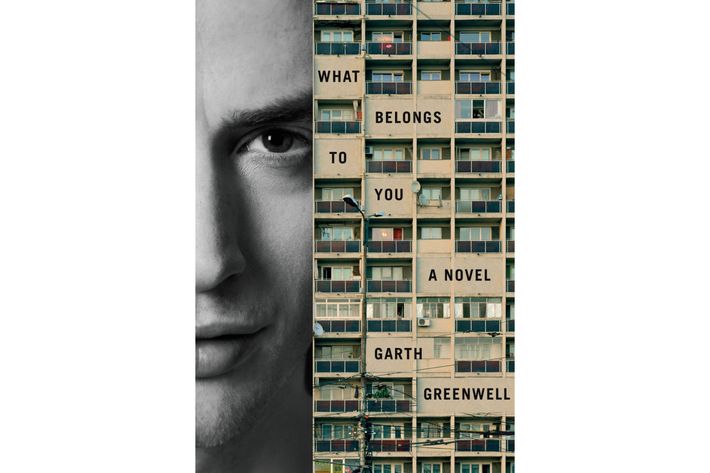
What Belongs to You, by Garth Greenwell
In a public bathroom in Sofia, the narrator of this first novel, a young American English teacher, encounters a young Bulgarian hustler and enters his crooked thrall until a series of small betrayals break a spell that isnÔÇÖt exactly not love. A tour de force flashback returns to the torments of growing up gay in Kentucky and a somber last section portrays the various aftermaths of passion. What Belongs to You is an exquisite triptych.
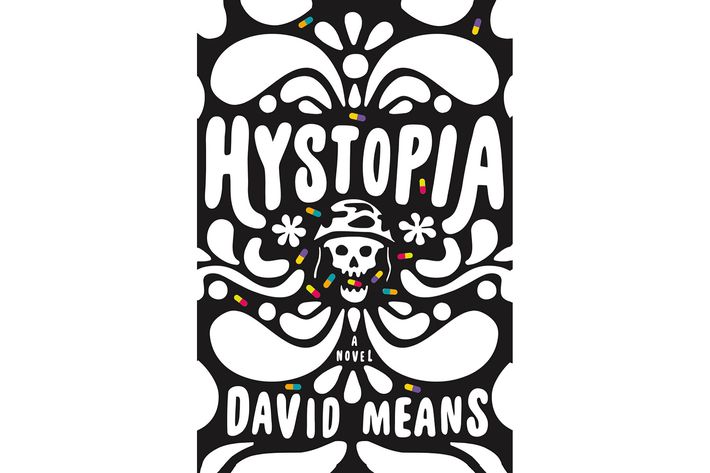
Hystopia, by David Means
The most ambitious novel of 2016 so far, Hystopia might also be the last thing we expected in a first novel by the veteran storyteller David Means: a counterfactual narrative by a Vietnam veteran about his experience in a therapeutic, psychedelics-based trauma recovery program initiated by an unassassinated John F. Kennedy, with a KinboteÔÇôlike editorial apparatus attached. The concept is high, but the hardscrabble Means weÔÇÖve known for years is still present and in command.
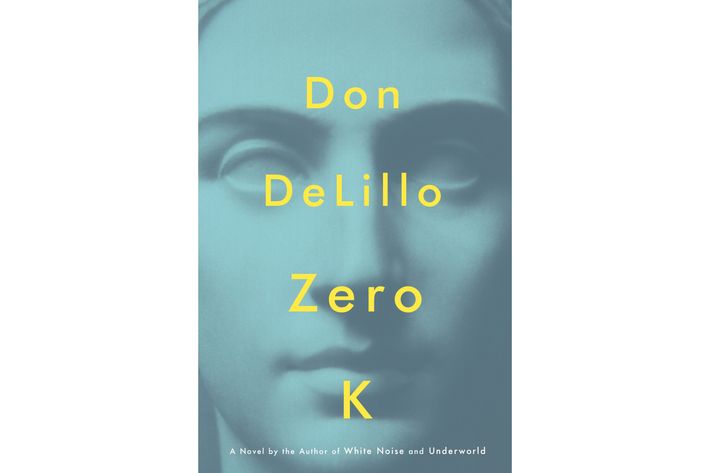
Zero K, by Don DeLillo
All of Don DeLilloÔÇÖs novels have been death-haunted, but Zero K concerns itself with a billionaire and his wife who mean to elude death through cryonics. The novel summons themes and imagery from DeLilloÔÇÖs entire career and brings them to bear on the impossible question of what it might mean to escape time.
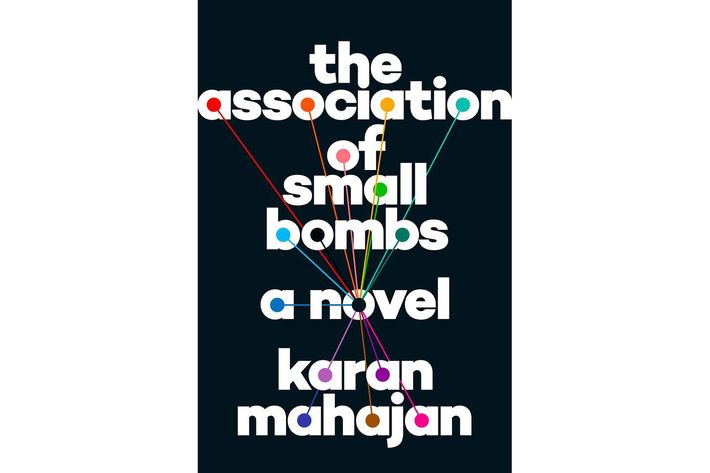
The Association of Small Bombs, by Karan Mahajan
Terrorism has become a perennial subject of the novel, and Mahajan, in his second, has attended to the impacts and aftershocks of a minor bombing in Delhi in 1996. The pitfalls of the terror novel are crudity, fetishization of the terroristÔÇÖs mind, and over-attention to the obvious, but MahajanÔÇÖs book suffers from none of these. HeÔÇÖs proved that the job can be done with subtlety and an eye for the fine grains of daily life, and not without comedy or irony.
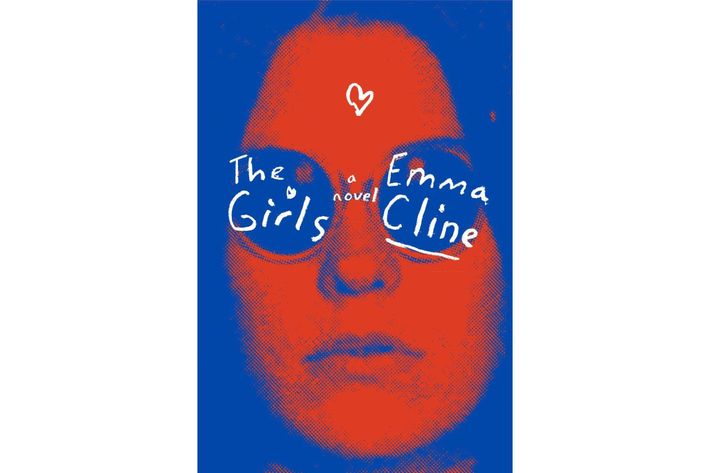
The Girls, by Emma Cline
ClineÔÇÖs first book, about a murderous cult modeled on the Manson Family, is that rare historical novel aware that the continuities of time are stronger than the little changes that make us believe that, say, everything was different before we all carried phones in our pockets. She cuts through the trivia and traumas of the late 1960s and writes a story of seduction and betrayal that transcends the gory legend.
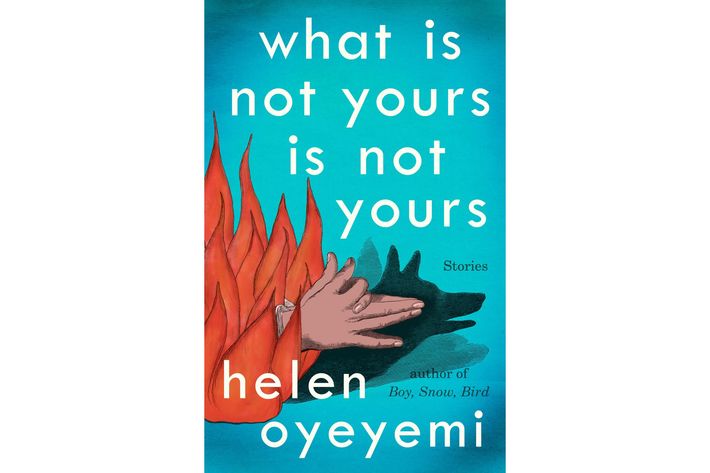
What Is Not Yours Is Not Yours, by Helen Oyeyemi
Dizzying, baffling, and beguiling, Helen Oyeyemi is already the author of six books of fiction (and two plays) at the age of 31. The stories in What Is Not Yours Is Not Yours are unruly in the best way, drawing on pre-modern modes of tale-telling (fairy tales, Boccaccio, The Arabian Nights) to show theyÔÇÖve lost none of their power in the present.
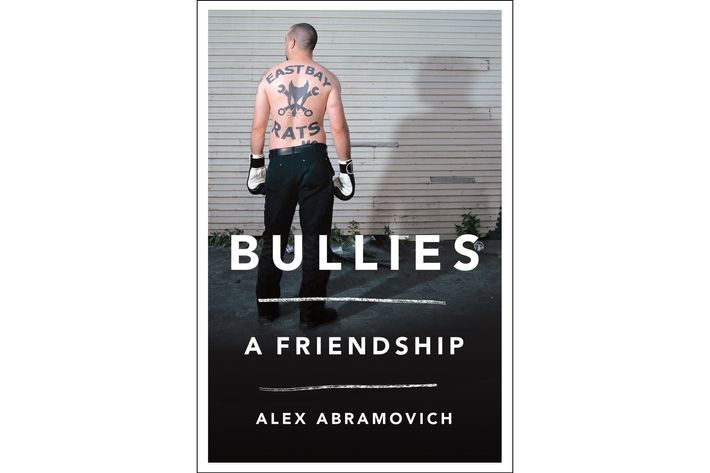
Bullies: A Friendship, by Alex Abramovich
A meditation on violence, friendship, and collective memory, Bullies is less a memoir than a personal portrait of a city. AbramovichÔÇÖs long sojourn in Oakland with his childhood friend and nemesis, Trevor, now leader of the East Bay Rats Motorcycle Club, prompts a history of the city as a zone of bullying exploding into the present with rough days of Occupy Oakland.
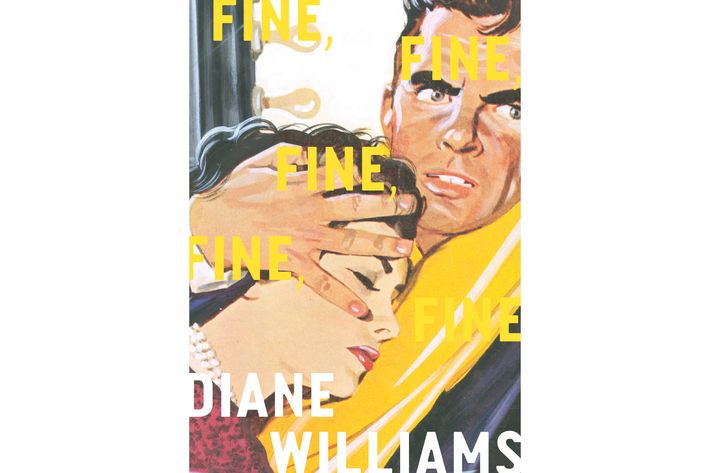
Fine, Fine, Fine, Fine, Fine, by Diane Williams
IÔÇÖm tempted to call Diane WilliamsÔÇÖs stories ÔÇ£little gems,ÔÇØ but really they have no equivalent among jewels IÔÇÖm familiar with. IÔÇÖve never tried acupuncture, but I wonder if the experience is like reading her prose. It canÔÇÖt be as much fun.

